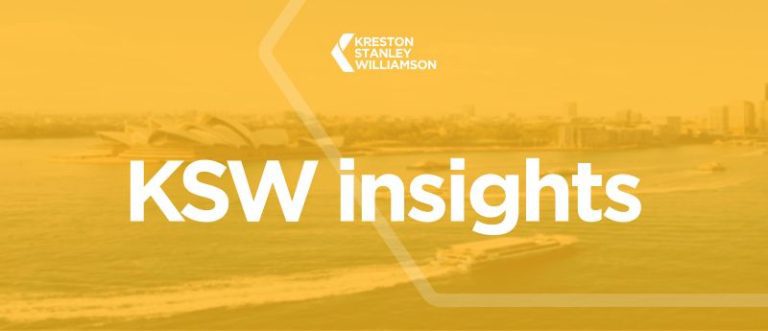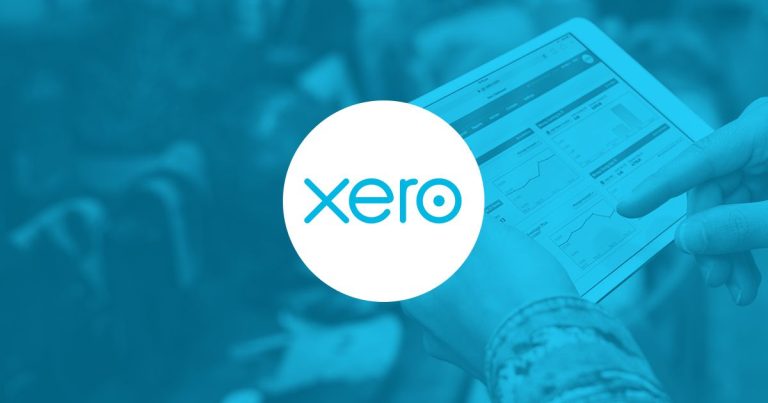It is that time of year again when every business should be actively looking at what they can do to minimise their tax before 30 June. As we approach this critical deadline, we, as a firm, are currently right in the middle of the busiest period of the year, ensuring every business client of ours puts their strategies in place to minimise their tax. This involves a thorough review of their financial positions, exploring all available deductions, and optimising their tax positions to achieve maximum savings.
With significant changes in tax rates coming into effect from 1 July 2024, the potential deferral of income in individual hands, including dividend strategies, can have permanent savings in tax, rather than the usual temporary deferrals of tax. These changes could influence your overall tax strategy and provide an opportunity to optimise your tax position effectively.
There are only a couple of weeks left to put your plans into action. Taking proactive steps now can have a lasting impact on your tax liabilities and overall financial health. Following are the strategies that your business should be looking at before 30 June deadline.
- Bring forward expenditure by incurring the expense prior to year end.
- Defer income by delaying invoicing. While it only defers the tax, it can provide significant cash flow relief by deferring the tax for a year.
- Write off bad debts in the accounts prior to 30 June.
- Review trading stock for possible write-downs of obsolete or slow moving lines. This must be done prior to 30 June to be able to be write down the stock.
- Prepay expenses if relevant to the size of your business. You can claim prepaid expenses this year if your turnover is < $50M. Please note prepayments can only be claimed for 12 months in advance.
- Pay superannuation contributions before 30 June to ensure you get the tax deduction this financial year. This might be for your own contributions (through the business) and for your employees. With 30 June falling on a Sunday this year it is imperative to get these contributions paid into the superfunds well before the end of June. See the article in this edition of KSW Insight to see the details surrounding this.
- In this same article, all superannuation contribution limits, and related information, is shown. Please review this to ensure you are not breaching contribution limits and, if you have a pension fund, ensure the required pension is drawn before 30 June.
- Ensure you write off plant and equipment that is not now used, or has been scrapped.
- After the scale back of the Instant Asset Write Off (IAWO) provisions at 30 June 2023 the limit below which the cost of the plant and equipment must remain, to be able to access the IAWO, is now $20,000 per item. Please keep this in mind with purchases of plant and equipment this financial year. Anything purchased for a figure of more than $20,000 will have to be depreciated over time instead. Additionally, to be able to access these provisions the business must have turnover of less than $10M.This concession will continue until 30 June 2025 (as announced in the recent budget).
- Do you undertake Research and Development? If so, ensure you take the necessary actions to receive the ATO concessions available.
- Review what suits your circumstances before 30 June. Do you pay a dividend prior to 30 June and you pay the top up tax around May 2025 or do you defer the dividend until 1 July or later, in which case the top up tax will be deferred until May 2026. Also be aware of the lower tax rates and different thresholds before the higher tax rates kick in. These are set out in the other article in the KSW Insight this month and are due to come into force on 1 July 2024. With the lower tax rates and higher thresholds before you pay higher tax rates, deferring dividends until a later year could provide a permanent saving – not just a temporary saving.
- Ensure loans to shareholders are under control with adequate repayments and loan agreements in place. Divisions 7A loan agreements need to be put in place for new loans. Don’t be caught out with loans that have not adhered to the Division 7A requirements.
- Any bonuses due to employees should be paid before 30 June to get tax deductions this year. If the bonus has been committed to this year, but is based on a profit calculation that can’t be done until after 30 June, you may still be able to claim the accrued bonus in the 2024 financial year. If you minute the bonus in the statutory records of the company prior to 30 June, they will be deductible before 30 June. This action will ensure that the bonuses are deductible in the 2024 financial year, notwithstanding they are actually paid in the 2025 financial year
- Any issues with the Personal Services Income(PSI) rules need to be resolved with the required salary by 30 June? Do you pass the PSI tests to be allowed to leave the profit in the company, or do you have to pay the profit out as a salary prior to 30 June?
- There is a continuation of ATO attention in any Unpaid Present Entitlements (UPE’s) owing to beneficiaries of Trusts from distributions in 2024 or past years. In particular, if you are using your children to distribute income to, from the Trust, and the children are not actually receiving the benefit of this distribution (ie they don’t receive the cash), then you will have to expect attention from the ATO. There is a need to prove how the beneficiaries are actually receiving the benefit, and documentation needs to be in place to evidence this. We have some workpapers that we are using with clients for them to be able to document the benefits that the beneficiaries have received. This issue can also be relevant where distributions are made to companies and the funds are not paid to the company. Please speak to your client manager to discuss this issue in relation to your specific affairs.
- Trustees of trusts need to ensure that the necessary distribution minutes are put in place and signed prior to 30 June, especially if you intend to stream different types of income to different beneficiaries.
- Company directors need to ensure that dividend minutes are prepared and signed for any dividends declared during the 2024 financial year.
- Have you made capital gains this year? Do you have the ability to crystallise capital losses before 30 June to offset them? Please review this running up to 30 June to see if disposals of assets are needed in this regard.
- Are there any donations you can make prior to 30 June to get the deduction this year?
- If you wish to change structure, 1 July is the easiest and cheapest time to start the new structure. We have had a lot of success with restructuring groups to protect assets from trading risk so, if this is potentially relevant to your needs, please discuss the possibility of a restructure with your client manager.
- Please note the loss carry back provisions ended in 30 June 2023 so that concession is not longer available in the 30 June 2024 financial year.
As always, we have, and will be, contacting all our business clients prior to year-end to talk them through what they need to do.
In the meanwhile, the above lists should remind you of any areas you may have forgotten. Please feel free to contact us should you wish to clarify something.
Author: Michael Goodrick
*Correct as of 30 May 2024
*Disclaimer – Kreston Stanley Williamson has produced this article to serve its clients and associates. The information contained in the article is of general comment only and is not intended to be advice on any particular matter. Before acting on any areas in this article, you must seek advice about your circumstances. Liability is limited by a scheme approved under professional standards legislation.














